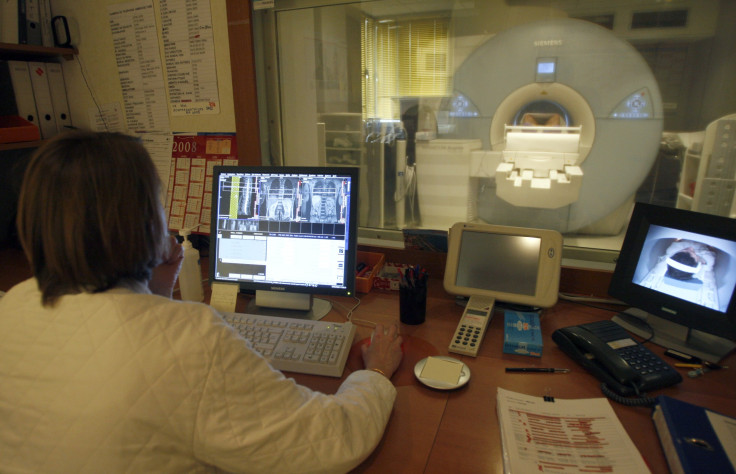Researchers Discover Area In Brain That Processes Speech

Researchers from MIT and Duke University have discovered an exclusive area in the brain that is sensitive to the timing of speech. Their findings proved the theory that the superior temporal sulcus, or STS, located in the temporal lobe in the brain, has role-specific neurological functions.
The senior author of the study, David Poeppel, a professor in NYU's Department of Psychology and Center for Neural Science, explains this by saying, "We now know there is at least one part of the brain that specializes in the processing of speech and doesn't have a role in handling other sounds."
This conclusion was drawn after they analysed the bits of recording of foreign language speech using computer algorithm to chop and rearrange the sounds. Also to verify the activity of brain, the researchers used parts of environmental sound along with the sounds which mimicked speech that wasn’t an actual language, such as music or animal noises.
The subjects’ neurological responses in multiple parts of the brain when exposed to these procedures were recorded by using functional magnetic resonance imaging, or fMRI. Researchers indicated that all types of sounds did trigger activity in the temporal lobe's auditory cortex, but it was only the superior temporal sulcus which showed activity in response to the speech sounds, confirming that it specialises in processing speech.
They also observed a difference in reaction of the STS to each different sound, further indicating that the timing and rhythm of sounds affect the way the brain processes it. The study findings, published in the journal Nature Neuroscience, will now add to knowledge how humans make sense of the spoken language.
Tobias Overath, an assistant research professor of psychology and neuroscience at Duke, while addressing the press, says, "We really went to great lengths to be certain that the effect we were seeing in STS was due to speech-specific processing and not due to some other explanation, for example, pitch in the sound or it being a natural sound as opposed to some computer-generated sound."
The team of researchers now further plan to use speech with lingual meaning, and not a foreign language, to observe the way the STS helps the brain to process sounds while understanding it as more than just noise.
To contact the writer, email:ruchira.dhoke@gmail.com





















